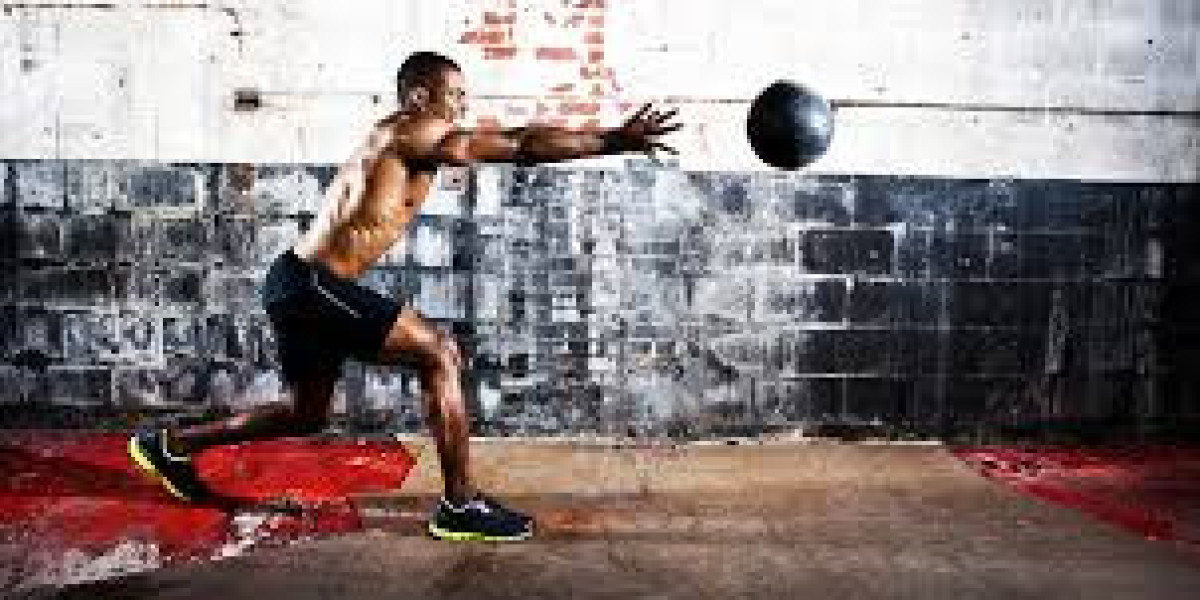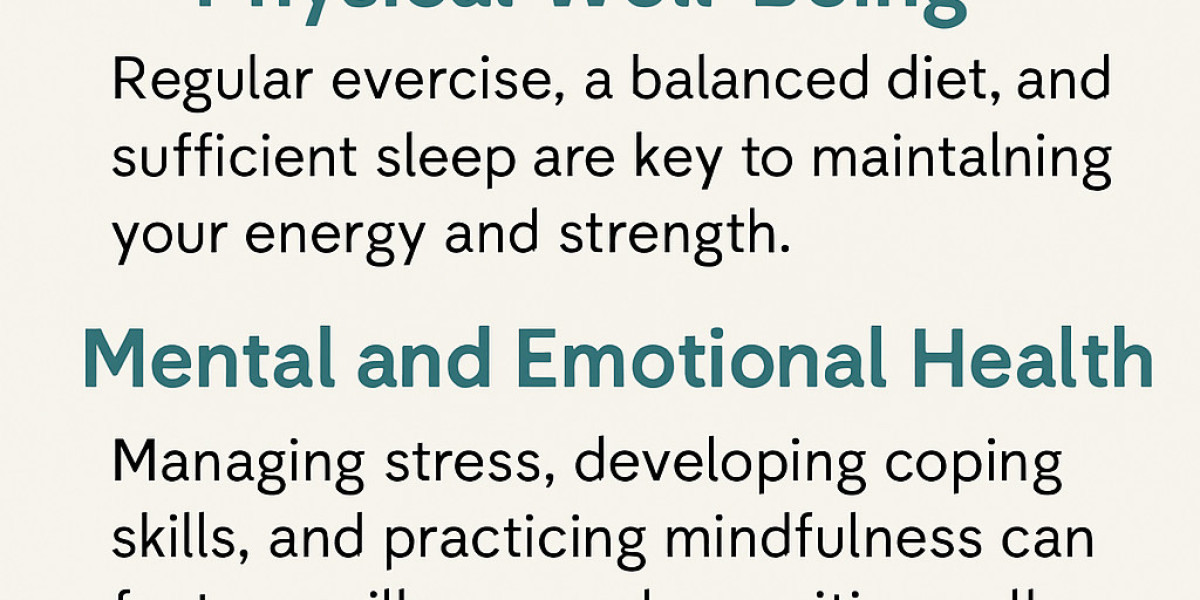When I think about professional athletes, what really stands out isn’t just their physical prowess, but their mindset, dedication, and approach to fitness. These athletes have achieved extraordinary feats, but what many people don’t realize is that the habits and strategies they follow can be applied to anyone looking to improve their fitness. Whether you're a weekend warrior or just someone looking to get in better shape, there are key lessons we can all take away from the world of professional sports.
It doesn’t matter if you’re into sports, casual fitness, or even just keeping your health in check; the habits of top athletes are often simple yet incredibly effective. In this post, I’ll share the top fitness lessons I’ve learned from professional athletes and how you can incorporate them into your own routine to see better results.
Consistency is Everything
If there’s one thing that athletes across all sports agree on, it’s that consistency is absolutely crucial. No matter how talented you are, if you don’t show up and put in the work day after day, you’re not going to see the results you want.
For professional athletes, fitness isn’t something that’s done once or twice a week—it’s a part of their lifestyle. They train regularly, often multiple times a day, in order to build and maintain their strength, endurance, and overall performance. But you don’t need to be training like an elite athlete to reap the benefits of consistency. Simply showing up and putting in the work regularly is key.
How Can You Apply This?
For me, the biggest takeaway here is that consistency doesn’t have to mean working out every single day for hours at a time. It’s more about finding a routine that works for you and sticking with it. This can be as simple as committing to 30 minutes of exercise, 3-4 days a week. Whether you’re hitting the gym, going for a run, or even taking a yoga class, the important thing is showing up consistently and making it part of your lifestyle.
I try to incorporate small habits throughout my day, like walking more or taking the stairs, so I’m always moving. And trust me, the more you stick to a regular routine, the more natural it becomes. It’s amazing how quickly the consistency starts paying off.
The Importance of Recovery
When you’re pushing your body to the limit, recovery becomes just as important as the workout itself. While athletes train hard, they also prioritize recovery—rest days, stretching, foam rolling, and even sleeping enough. These practices allow the body to repair and grow stronger.
I used to underestimate recovery time. I would work out, push myself hard, and then wonder why I wasn’t seeing the results I wanted. But after learning more about how athletes take their recovery seriously, I realized I needed to incorporate it into my own routine.
How Can You Apply This?
One of the easiest things you can do is to schedule rest days into your week. I used to feel guilty about taking a day off, but now I understand it’s just as important as working out. You can also try stretching, doing mobility exercises, or even incorporating activities like yoga to improve flexibility and reduce the risk of injury. And of course, sleep is a key factor in recovery—make sure you're getting enough rest so your body can repair itself.
Athletes are also known to use things like ice baths or massage therapy, but I know that’s not always practical for most of us. The good news is, even something as simple as taking a warm bath or using a foam roller can help with recovery.
Focus on Nutrition
Nutrition is a huge part of an athlete’s fitness routine. What they put into their bodies directly impacts their performance, energy levels, and overall health. But you don’t need to be a professional athlete to realize the importance of good nutrition—it’s something we can all benefit from.
For athletes, diet isn’t about restriction or fad diets. It’s about fueling the body with the right nutrients at the right times. Athletes know they need a combination of proteins, carbs, healthy fats, and plenty of vitamins and minerals to keep them going strong. Nutrition also plays a huge role in injury prevention, muscle recovery, and endurance.
How Can You Apply This?
For me, this is all about balance. You don’t have to be perfect, but you can make mindful choices to fuel your body for better performance. I try to make sure I’m getting a balanced diet—lean proteins, whole grains, lots of veggies, and healthy fats. I also make sure to hydrate, since staying hydrated is just as important as eating well.
You can start small by incorporating more whole, nutrient-dense foods into your meals. Don’t forget about snacks either—athletes are often snacking between workouts to keep their energy levels up. And if you’re into vaping products like custard monster butterscotch salt, just remember that it’s important to fuel your body with good nutrition to support your fitness journey.
Mindset and Mental Toughness
Athletes are mentally tough. They don’t let setbacks or bad days derail their progress. Whether it’s a missed shot, a lost game, or even a bad workout, athletes have learned how to stay focused on their goals and not let negative events define their journey.
This kind of mental toughness is something that can make all the difference, whether you’re training for a marathon or just trying to stick with your workout plan. Mental resilience helps you push through tough times and stay committed to your goals.
How Can You Apply This?
One way to develop mental toughness is by setting realistic goals and breaking them down into smaller steps. For me, setting smaller, achievable goals helps keep me motivated and gives me a sense of accomplishment along the way. Whenever I face a challenge, I remind myself that progress is progress, no matter how small.
Another great strategy is visualization. Professional athletes often use visualization techniques, where they picture themselves succeeding in their sport. It’s a way of training the mind to be confident and focused. I’ve found that taking a few minutes to visualize my goals or even how I want my workout to go can help set the tone for a productive session.
Adaptability and Flexibility
Athletes have to be adaptable. Whether it’s dealing with an injury, changing their training routine, or responding to unexpected challenges, they know that flexibility is key to success. Being able to adjust and remain open to new ideas is essential to long-term progress.
Sometimes, things don’t go according to plan. Maybe life gets in the way, or your body needs a break. The ability to adapt and find new ways to keep moving forward is something we can all learn from professional athletes.
How Can You Apply This?
If you ever find yourself stuck in a fitness rut, don’t be afraid to change things up. I’ve found that trying new activities or switching up my workout routine keeps me engaged and motivated. It can be as simple as trying a new sport, signing up for a fitness class, or even adjusting your schedule to fit in more time for rest.
Athletes often have to adjust their training based on how their body is responding, and we should do the same. If you’re feeling burnt out or frustrated, take a step back, evaluate, and adapt your plan.
Conclusion
The fitness lessons we can learn from professional athletes are more than just tips—they’re about creating habits that lead to long-term health and success. By focusing on consistency, recovery, nutrition, mindset, and adaptability, we can all make meaningful improvements to our fitness journey. Whether you’re just starting or have been working out for years, these lessons are valuable at any stage.
And while you’re staying focused on your fitness goals, don’t forget about those moments of relaxation. Whether you’re unwinding with a salt e liquid or enjoying the flavor of custard monster, balance is key. Stay committed to your goals, adapt when necessary, and remember that every step forward counts.








